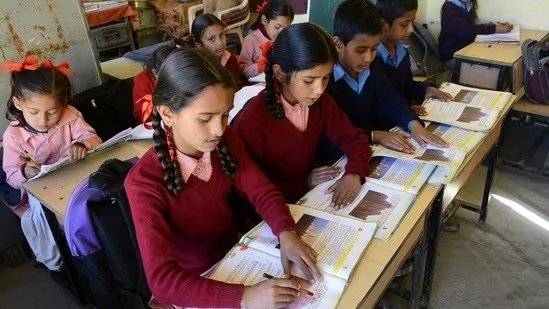Rajasthan BJP Heads to Gujarat for Governance Training Amid Opposition Criticism
In a bold administrative move, the Bharatiya Janata Party (BJP) has launched a comprehensive campaign to strengthen coordination between the government and party organisation in Rajasthan, aiming to instill the principles of good governance and long-term public trust. From May 5 to 7, the entire Rajasthan BJP leadership — including Chief Minister Bhajan Lal Sharma, both Deputy CMs, cabinet ministers, 115 MLAs, MPs, and organisational heads — has converged at Kevadia, Gujarat, for a three-day “Good Governance Training Camp” near the Statue of Unity. The event is designed to impart lessons from the “Gujarat Model” of governance, with sessions covering administrative efficiency, public engagement, grassroots feedback, and strategic planning for upcoming local body elections. Key national BJP leaders like Union Home Minister Amit Shah, Party President J.P. Nadda, and Organisation General Secretary B.L. Santhosh are guiding the training sessions. The camp reflects BJP’s ambition to replicate Gujarat’s electoral and governance success in Rajasthan, a state known for frequent power shifts. However, the move has sparked sharp reactions from the Opposition. Leader of Opposition Tika Ram Jully criticised the decision, calling it “an admission of inexperience” and questioned the timing, citing Rajasthan’s ongoing summer crises in electricity, water, and healthcare. Former CM Ashok Gehlot also lashed out, suggesting that the government’s absence during a critical time exposes misplaced priorities. “Training can happen in Rajasthan too. Why Gujarat?” he asked, further hinting at external control over the state leadership. Despite the backlash, BJP defends the camp as a strategic investment for stable, people-focused governance. All participants are staying in Tent City-2 near the Narmada River, symbolising unity and institutional strength.
Rajasthan BJP Heads to Gujarat for Governance Training Amid Opposition Criticism Read More »


